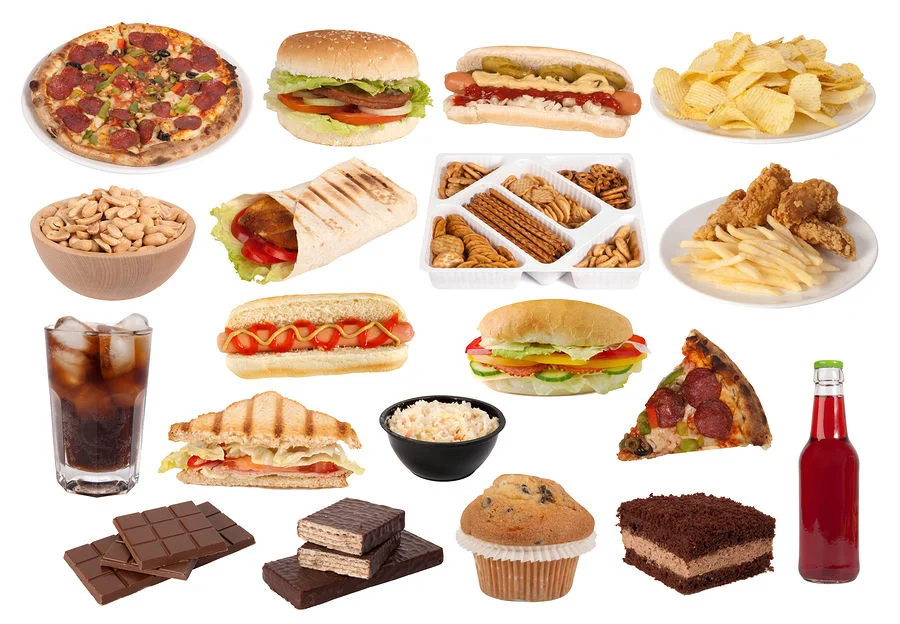Anyone affected by an eating disorder can tell you about its tolls on whole body health. Whether overeating, binging eating or bulimia, these conditions have very tangible effects on the entire system. We would like to take a moment to highlight how some of these disorders affect oral health. Please understand that this information is not presented to to scare or shame anyone. Rather, we want our patients to understand what is happening to their mouths, and how to go forward and manage the diseases’ effects.
Eating disorders involving overeating can damage teeth by creating prolonged acidic events in the mouth. Every time we eat or drink, our mouth pH turns acidic for the duration of the meal and the following 30 minutes. If someone were to eat once every half hour, their mouth would spend the entire day in a state of acidity. As this acid sits on the teeth, it begins to break down the tooth enamel, causing decay. Thus, overeaters who graze throughout the day are particularly susceptible to poor oral health. In addition to problems with the amount of food, the type of food consumed presents problems as well. Binge eaters can gravitate towards sweet, sticky and carbohydrate heavy products (“comfort foods”). These foods are excellent at adhering to the teeth, causing a drop in mouth pH and fueling bacteria to colonize and produce further acid. This can lead to more decay, recession and gum disease. In total, overeating can take many of the problems associated with frequent snacking or poor diets, and amplify them.
No matter what your diet, sticky, sugary and carbohydrate heavy foods are excellent at causing tooth decay. Overeaters are particularly susceptible to these effects due to their high frequency of exposure.
At the opposite end of the spectrum, bulimia can also be particularly damaging to the teeth. Purging can leave patterns of acid erosion across the entire mouth, causing extensive enamel degradation and gum inflammation. Stomach acid is much stronger than any pH drop induced by food consumption, and thus the effects of bulimia manifest themselves very rapidly. In comparison, each session of purging would be akin to rinsing your whole mouth with concentrated lemon juice. These effects can be further amplified if the acid isn’t rinsed off and allowed to sit on the teeth. Time is an important factor in tooth decay, and the longer the teeth are exposed to acid, the more extensive the decay will be.
A visualization of the affects of bulimia on teeth. From bulimiahelp.org
While this information may seem daunting, it is important to remember that there are ways to improve your oral health and stop the progression of decay. Fillings, crowns and root canals can halt existing cavities and pain while restoring the esthetics of your smile. For teeth in the early stages of decay, there are a number of products to help repair enamel. Rinses such as Carifree CTx3 offer remineralization through fluoride and xylitol exposure, while pastes like GC MI-Paste provide extra calcium phosphate for rebuilding enamel. Overall, the important thing to remember is there is always a solution to your current oral state.
Again, our office presents this information to help you better understand how a psychological disorder (eating) can affect your physical body (teeth). If you are affected by an eating disorder, we encourage you to seek professional help. We want all of our patients to lead healthy lives, and are happy to help you find inner wellness!



